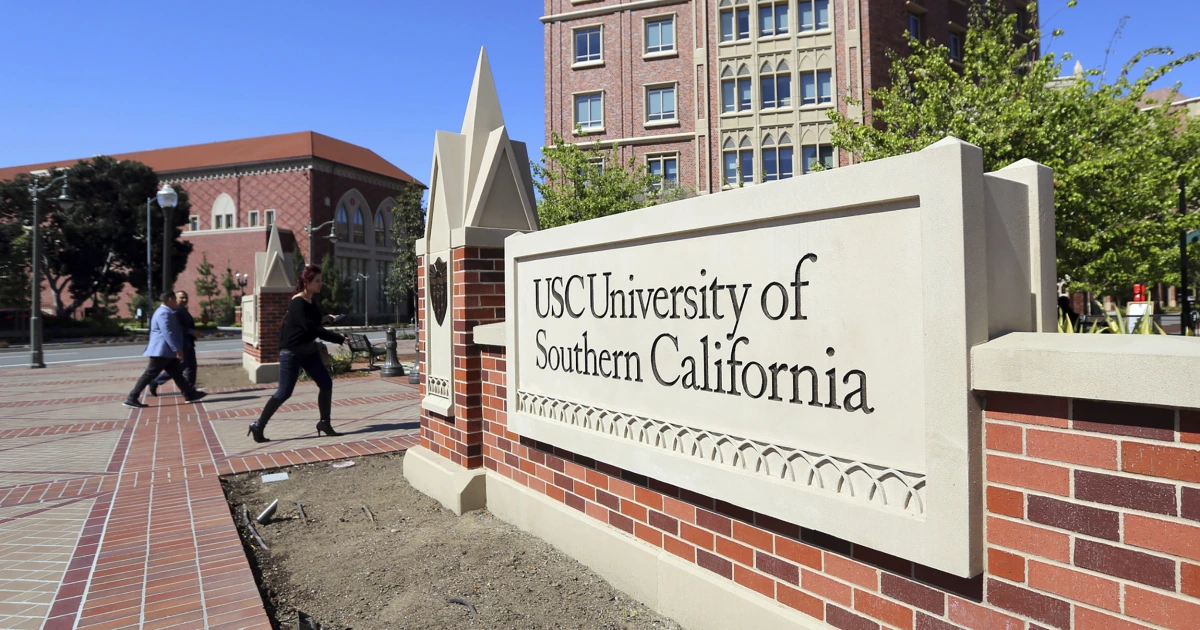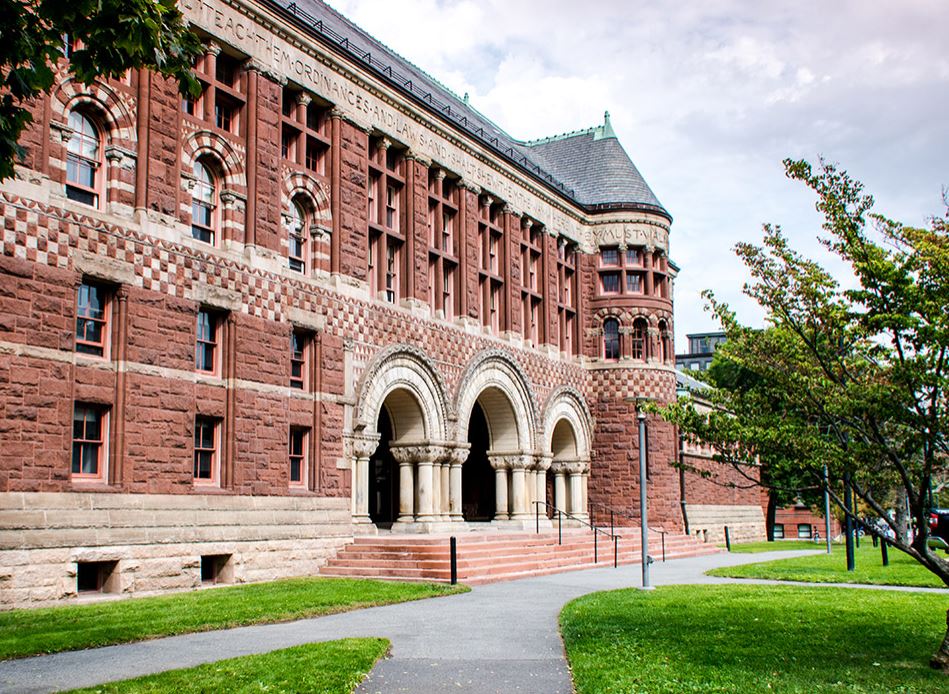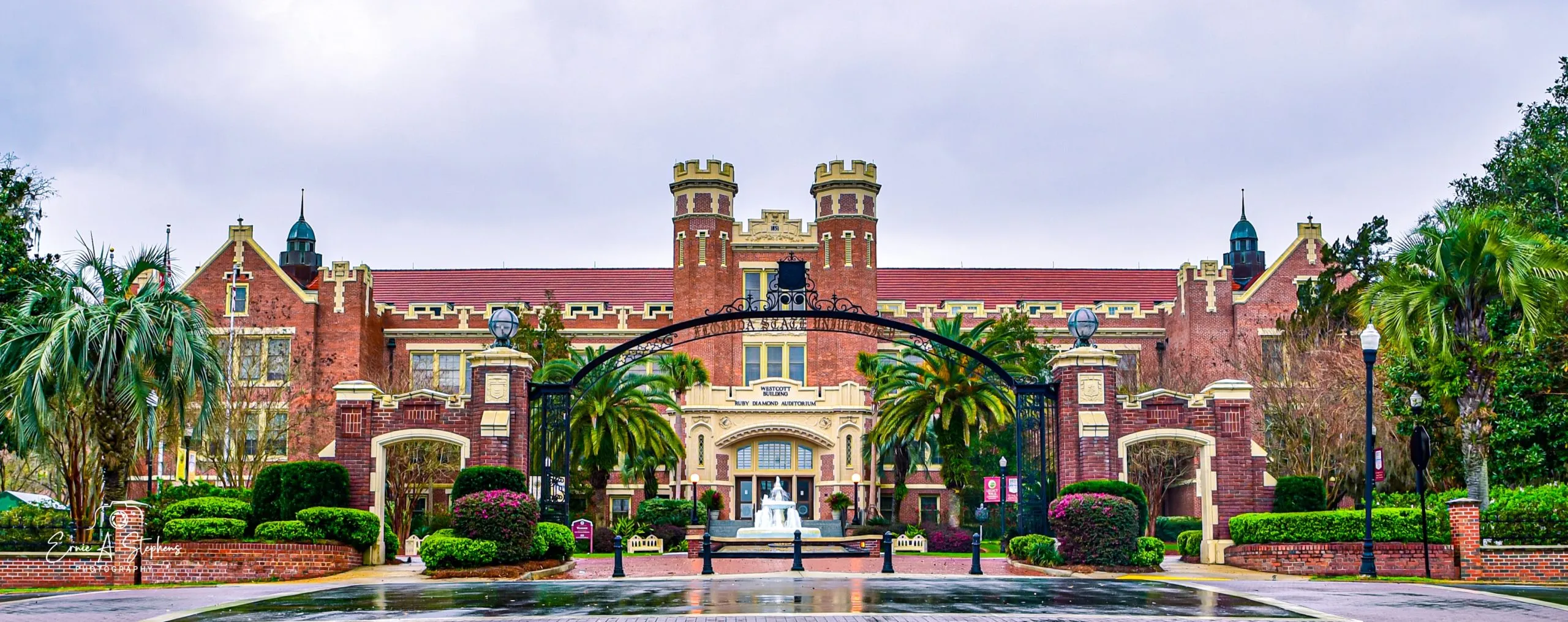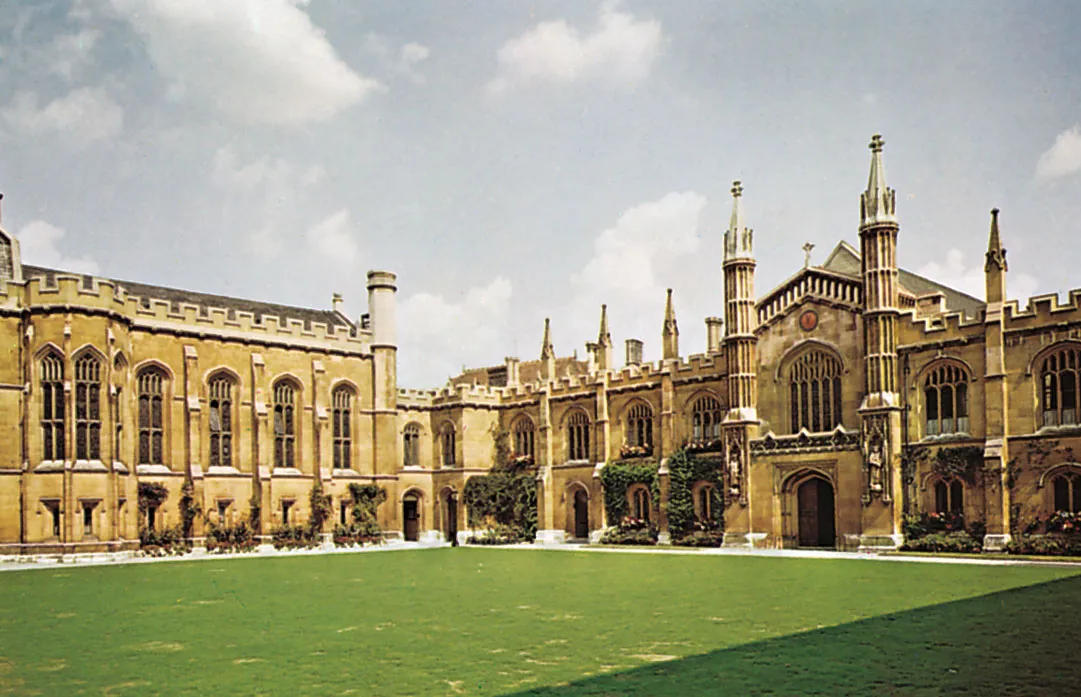Introduction
The University of Southern California (USC) is a leading private research university located in Los Angeles, California. With a history spanning over 140 years, USC is the oldest private research university in California. Today, USC is a major center of academia on the West Coast educating over 50,000 students across its undergraduate, graduate, and professional programs.
History of USC
USC was founded in 1880, when Judge Robert M. Widney helped establish the university in the growing city of Los Angeles. It was California’s first private research university, modeled after prestigious eastern schools like Harvard and Yale. The university’s early years focused on classical education in fields like philosophy, literature, history and math. In 1905, USC moved to its current University Park campus,
which today contains over 200 buildings across over 300 acres of land.
The university grew significantly in the 20th century under the leadership of presidents like Rufus B. von KleinSmid who added programs, new schools and helped shape the campus’ architecture. Following World War II, USC expanded further as veterans returned to college and helped drive enrollment up to over 20,000 students. USC continued to cement its reputation through research advancements, prestigious faculty members and high-profile alumni. The university today promotes both academic excellence and innovation as it carries out its mission.
Academics at USC
USC is comprised of 19 colleges and schools conferring bachelor’s, master’s and doctoral degrees. These academic units include the Dornsife College of Letters, Arts and Sciences, the Marshall School of Business, the Rossier School of Education and the Viterbi School of Engineering. U.S. News & World Report ranks USC 22nd out of national universities and 10th among public and private universities in the western United States as of its 2024 college rankings.
Some of USC’s most popular undergraduate majors include business, psychology, biology, communications and international relations. Graduate programs in social work, occupational therapy, journalism and engineering are considered to be among the best in the country. USC is also highly ranked for its game design and animation programs within the broader study of digital arts.
With over 8,000 faculty members, USC recruits leading scholars and researchers from around the world. Prominent faculty have included physicist Leonard M. Silverman, economist Matthew E. Kahn, research scientist Leslie Saxon, chemist László Zechmeister and dance choreographer William Forsythe. Across all disciplines, USC faculty have been responsible for major breakthroughs and innovations.
As a research university, USC received over $911 million in external funding in 2021 to support both institutional and faculty projects. Major research centers and institutes at USC engage in globally-significant research related to arts, communications, health, public policy, engineering and more. Some of the university’s major research centers include the Shoah Foundation Institute for visual history of the Holocaust and the USC Stevens Center for Innovation which helps translate USC research and tech into business and commercial applications.
Student Life at USC
USC enrolls around 20,000 undergraduate students across over 140 academic programs. Popular majors include business administration, psychology, journalism and biological sciences. Undergraduates can also design their own majors through the university’s academic breadth program. Over 95% of undergraduates live off-campus, though on-campus housing is guaranteed for first-year students. Greek life is popular at USC with over 3,000 students joining one of the school’s 60 fraternities and sororities.
The USC Trojans compete within the NCAA’s Division I Pac-12 Conference, winning 130 team national championships to date. Football and basketball games take place at the iconic Los Angeles Memorial Coliseum, while the new state-of-the-art USC Village includes housing, retail and recreational facilities for USC students. Other ways students get involved include over 900 student organizations, cultural groups, community service programs and on-campus jobs. The sunny Southern California location also provides easy access to internships, entertainment and recreation across L.A. during students’ college experience.
Graduate study options are vast at USC including over 140 master’s degrees, doctoral programs, graduate certificates, and dual degree options. Nearly 25% of the USC student population is enrolled in graduate study across campus. Top-ranked graduate schools include the USC Marshall School of Business, the Keck School of Medicine of USC, and the USC Rossier School of Education. Distinguished alumni of USC graduate programs include multiple Nobel laureates, Rhodes scholars, MacArthur fellows and Fulbright scholars.
Campus of USC
The University Park Campus of USC covers over 300 acres just south of downtown Los Angeles. The campus blends iconic architecture with state-of-the-art facilities, including open green spaces, flowering gardens and the centerpiece fountain of Tommy Trojan. USC is sometimes referred to as the “country club of campuses” for its pleasant grounds and facilities.
Popular landmarks include the statue of USC’s mascot Traveler, the Widney Alumni House, Doheny Memorial Library with its Romanesque architecture, the 1895 Romanesque Revival Old College building, and the Von KleinSmid Center tower built in 1964. Many buildings honor USC leaders and benefactors like the Sample Olin Building, Wallis Annenberg Hall, and the Casden Institute designed by Frank Gehry. Recent additions include the modern USC Village and the Michelson Center for Convergent Bioscience.
Beyond architecture, the University Park campus provides the amenities of a small city for USC students. Campus services include dozens of dining options, the USC Bookstore, USC Hospital, and fitness centers like the Lyon Recreation Center. Venues for arts and performance include Bovard Auditorium, Ground Zero Performance Cafe, and the USC Fisher Museum of Art. Overall, USC’s campus features a blend of history and innovation in the heart of L.A.
Alumni & Faculty
Throughout its 140-year history, USC has produced hundreds of thousands of accomplished alumni across industries, governments, and cultures worldwide. Notable USC alumni include astronaut Neil Armstrong, filmmaker George Lucas, opera star Marilyn Horne, author and blogger Jessica Queller, billionaire venture capitalist Marc Andreessen, and many prominent politicians, CEOs, and entrepreneurs.
The USC Alumni Association represents over 400,000 living graduates and provides networking, services, and programming to support alumni. Notable alumni donors have included computer scientist John Mabry, Netscape founder James Barksdale, actress Catherine Bach, and the founders of Riot Games.
Faculty at USC are leaders in their academic disciplines and creators of new knowledge. Current USC faculty include pioneering stem cell researcher Andrew McMahon, brain imaging scientist Susan Bookheimer, and Chicana/o studies scholar Marissa López. Nobel laureate faculty have included chemist George Olah, physicist Douglas D. Osheroff and economist Vernon L. Smith.
Through the combination of USC’s outstanding alumni, faculty and students, the university community continues to shape the future of higher education, research, arts, and innovation. Graduates become part of the Trojan family for life thanks to the university’s commitment to their ongoing enrichment and success.
Place in Los Angeles
As the largest private employer in the city, USC has a significant civic, cultural, and economic influence on Los Angeles. Students, faculty and staff provide over $8 billion in economic impact to California each year. Beyond financial impact, USC contributes immeasurably to the city’s identity as a hub for arts, culture, athletics and entrepreneurship.
USC operates many L.A. landmarks including the Los Angeles Memorial Coliseum sports arena and Exposition Park museums. Campus venues like the Galen Center, USC Village and Shrine Auditorium host major concerts, performances and public events year-round. USC administers grant programs aimed at improving neighborhoods surrounding the university’s campuses.
Research and innovation at USC also directly benefits the L.A. region. The Michelson Center for Convergent Bioscience tackles real-world issues in sustainability for cities. The USC Mrs. T.H. Chan Division of Occupational Science and Occupational Therapy works with local clinics and organizations to support community health. Partnerships with Los Angeles tech and engineering firms help bring ideas from USC labs to commercial markets.
For over a century, USC has actively contributed to the economy, culture and daily life across Los Angeles. As the private university carries out its mission of service, education and research, it will continue shaping its home city and beyond for the future.
The Future of USC
As the oldest private research university in California, USC has undergone immense change since first opening its doors in 1880. From a fledgling classical academy to a major university today, USC now looks ahead to its future development and expansion.
One key priority is promoting diversity, access and inclusion across the university. Although founded as an all-white male institution, USC today actively recruits women, minorities, first-generation students and those from lower-income backgrounds. The university aims to better represent the diversity of California and the world it serves.
USC also continues expanding its technological capabilities and partnerships. The new Michelson Center converged disciplines like computer science, biology, engineering and medicine towards shared goals. As digital technology weaves through society, USC updates curriculum and opportunities to equip students for tomorrow’s world. Partnerships with tech firms Translate ideas into practice.
Globalization is another horizon USC faces. The university’s student body represents over 130 countries today as it grows connections abroad. New research and education centers across the world support initiatives in public diplomacy, cultural exchange and international development. As economies, cultures and societies worldwide become more connected, USC embraces its role as a global center of research and learning.
No matter how the times change, USC stays committed to its foundational strengths in the liberal arts coupled with professional preparation. Values like rigorous inquiry, diversity of thought and service to humanity guide USC’s vision through new generations. By evolving while holding fast to its core mission, the University of Southern California moves dynamically towards its future.
In conclusion, the University of Southern California has served as a leading institution in California and beyond for over 140 years. Its continued emphasis on academic excellence, research significance and community impact will carry this private research university far into the future. As the oldest institution of its kind in the region, USC builds on its proud history while expanding knowledge, creativity and human potential.



